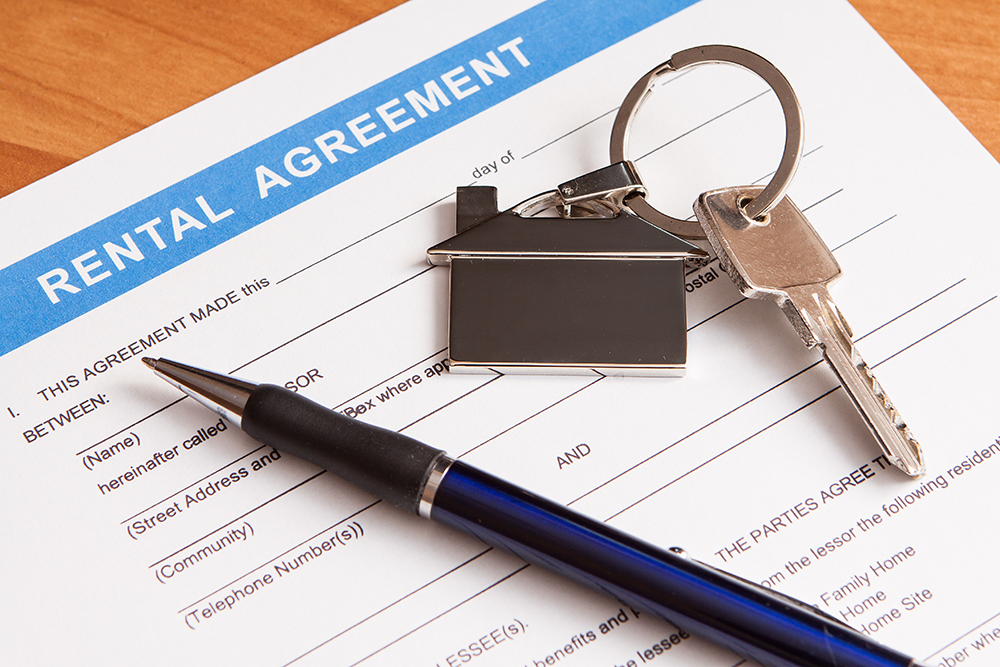The Renters’ Rights Bill aims to strengthen tenants’ rights but could also make eviction more challenging for landlords. For landlords worried about the impact of the Bill, rent guarantee insurance can provide a safety net and help minimise the risk of lost rental income. Here’s how policies work and how they can give landlords reassurance and peace of mind.
What is the Renters’ Rights Bill?
The Renters’ Rights Bill is being hailed as a significant piece of rental reform designed to improve the private rental market by giving tenants greater rights while also improving living conditions.
Key elements of the Bill include:
- Abolishing Section 21 ‘no fault’ evictions.
- Giving tenants greater rights to appeal excessive rent increases.
- Allowing tenants more time to find alternative rental accommodation.
- Removing fixed term tenancies.
- Applying the Decent Homes Standard to private rented properties to improve safety and living conditions.
- Applying ‘Awaab’s Law’ which sets out a specific timeframe for repairing certain hazards.
You can find more information and a list of key measures in our Letting Agents’ Guide to the Renters’ Rights Bill. The Bill is expected to become law in autumn 2025.
How do these changes impact letting agents and landlords?
One of the biggest changes for landlords will be the abolition of Section 21 ‘no fault’ evictions. Landlords can still evict tenants under Section 8, but it means landlords must provide a specific reason for the eviction (such as non-payment of rent).
The Bill will also increase the threshold for rent arrears. It means landlords must now wait for tenants to be in rent arrears for three months instead of two before they can start the eviction process. Tenants will also be given a four week notice period rather than two.
The impact of these changes means that:
- Landlords risk losing even more income as they must now wait for three months’ worth of arrears before they can serve an eviction notice.
- Landlords must provide evidence for eviction, which can make the process challenging in certain circumstances (for example, damage to property or antisocial behaviour).
Why does the Bill increase the need for rent guarantee insurance?
The imminent introduction of the Renters’ Rights Bill is expected to result in an exponential increase in eviction timeframes, potentially leaving landlords out of pocket for extended periods.
Landlords can minimise the risk of financial loss with rent guarantee insurance, which covers missed rental payments if tenants default.
Policies from Alan Boswell Group also include £100,000 worth of legal expenses cover to meet the cost of eviction proceedings.
Is it worth landlords getting rent guarantee insurance?
Although the Renters’ Rights Bill aims to raise living standards and improve tenant security, the knock-on effect is that evictions are likely to be more challenging and take significantly longer; however, rent guarantee insurance can help mitigate this.
A robust landlord insurance package that includes rent guarantee insurance (also known as rent protection cover) can help cushion landlords from the financial blow of defaulting tenants.
Rent guarantee insurance isn’t a policy you need by law, so it can be tempting to skip cover to save money. However, even with the most comprehensive tenant referencing checks, the risk of rent defaults is very real, especially as the cost of living continues to affect many people.
Policies from Alan Boswell Group cover rental income up to £2,500 per month for up to 15 months. As well as meeting eviction costs, our legal protection also covers expenses relating to:
- Property disputes
- Health and safety
- Tax investigations
- Removal of squatters
Policies can be purchased by letting agents and marketed to landlords as part of an enhanced service or purchased directly by landlords via referral from the agent, providing options for agencies to increase their income.
To learn more about how we can assist you in supporting landlords, speak to a member of our team on 01603 649727.
Information provided in this article was correct at the time of publication. This article is intended as a guide only. Please note that legislation does change, it is always best to check the most up to date guidance on gov.uk.






























































